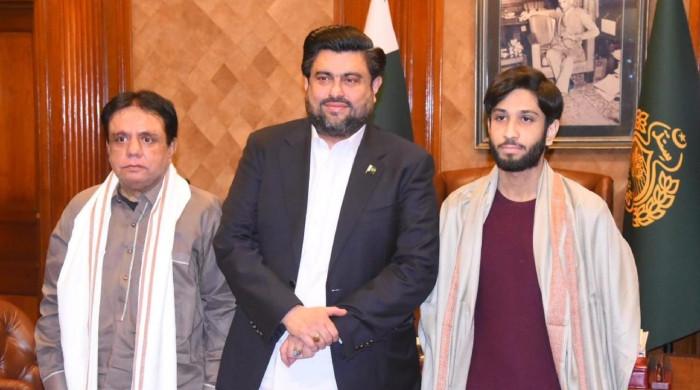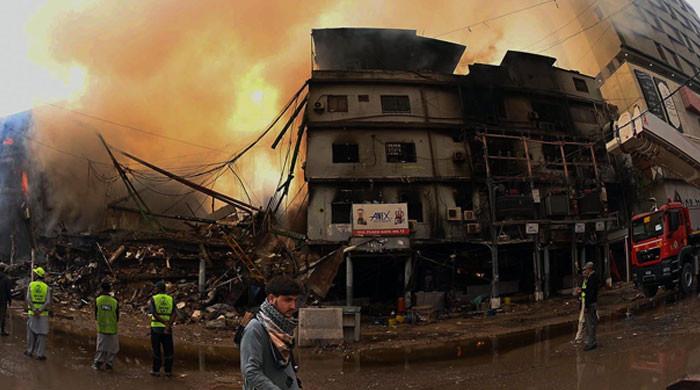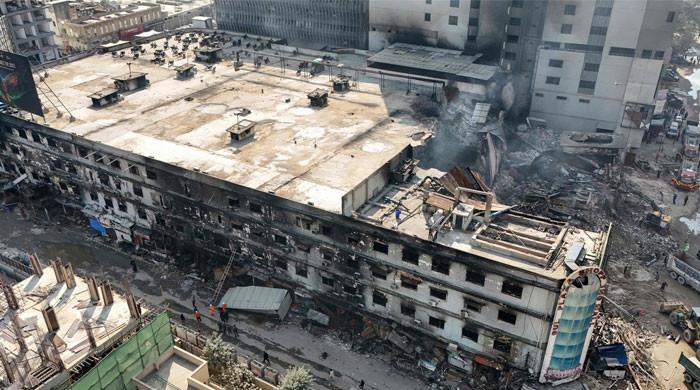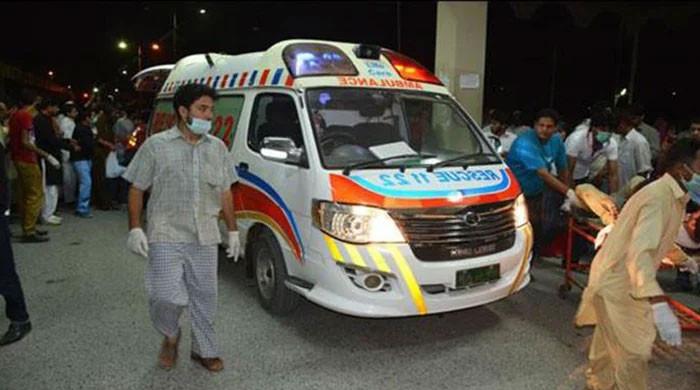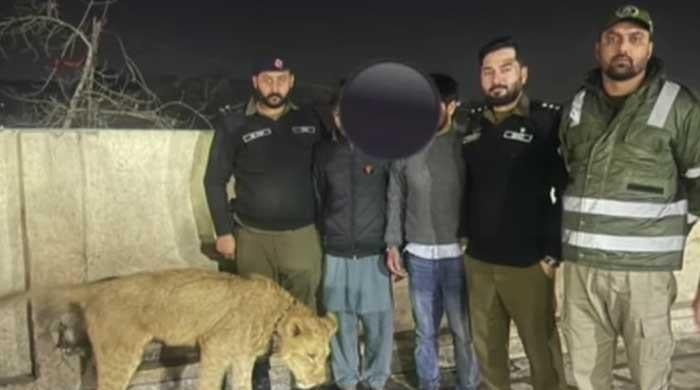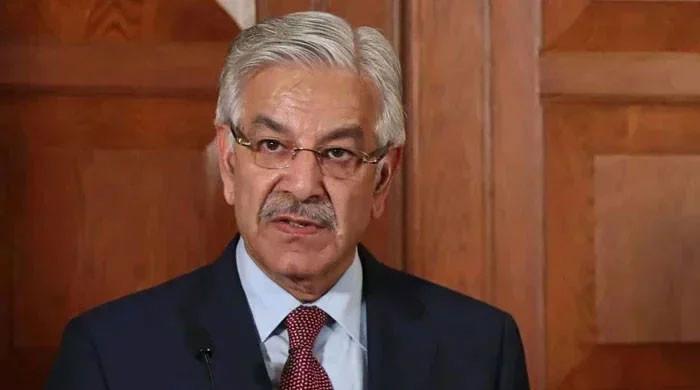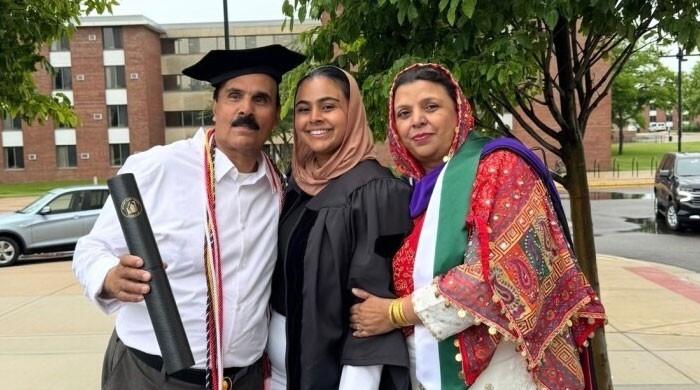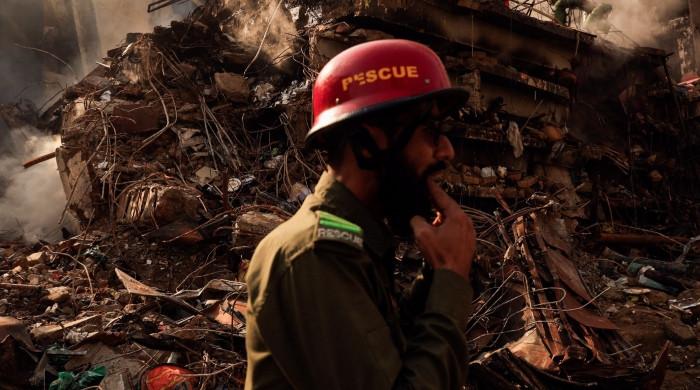Coronavirus reinfection cases occurring in Sindh, warns Dr Azra Pechuho
Coronavirus is a very mysterious disease, and in many people, even antibodies are not formed after getting infected, says Sindh health minister
October 18, 2020
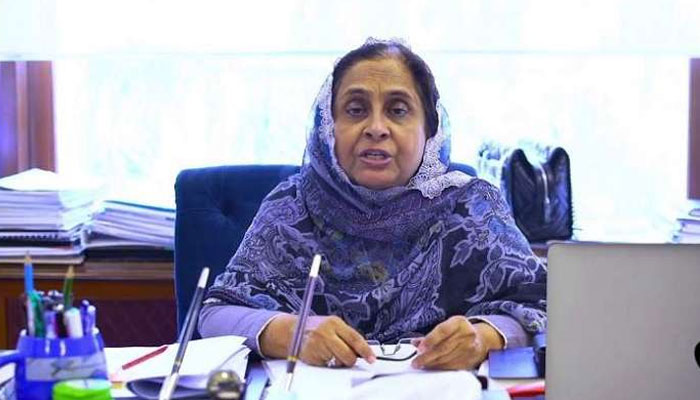
Sindh Health Minister Azra Pechuho said the coronavirus reinfections were being reported at different public and private hospitals in Sindh – where people who had earlier tested positive for the coronavirus infection asymptomatically were now experiencing severe infections, The News reported on Sunday.
Advising people to strictly take precautionary measures even if they had contracted the disease earlier, the minister said: “Like in the rest of the world, reinfections with the coronavirus are being seen in Sindh too.”
She also said that a few days ago, a senior leader of the Pakistan People’s Party (PPP), Rashid Rabbani, passed away after contracting the Coronavirus for the second time within six months.
“Covid-19 is a very mysterious disease, and in many people, even the antibodies are not formed after getting infected,” the minister added.
Enforcement of coronavirus laws a problem, says Sindh health minister
Dr Pechuho said she was in favour of the imposition of Rs1, 000 fine on people who did not wear masks in public places, as proposed by Karachi Administrator Iftikhar Shallwani. However, she added that the enforcement of laws regarding Covid-19 was a problem, as in some countries, people were linking the virus-related restrictions to human rights violations.
Responding to a question, she said that despite millions of people contracting coronavirus around the globe, no country or city had claimed to achieve herd immunity. She was of the view that there was no such thing as herd immunity as this virus was infecting people again.
“People should religiously follow precautionary measures as the second attack of the virus caused chronic infection and complications, especially in elderly people,” the provincial minister emphasised.
‘Sindh to have its own council to regulate medical education’
Commenting on the rift between the federal and Sindh governments over admissions to public and private medical colleges in the province, the provincial minister said it will establish its own medical and dental council to regulate medical education as it has serious reservations over the enactment of the law to establish the Pakistan Medical Commission (PMC) in place of the Pakistan Medical and Dental Council (PMDC).
“We are working on the draft of a bill to establish the Sindh Medical and Dental Council (SMDC), which will be tabled in the provincial assembly very soon.”
Read more: Former ENT head at Jinnah Hospital loses life to coronavirus
“We wanted our provincial medical and dental council as a chapter of the federal council, but after the establishment of the PMC, no other option is left for us except to establish our own council to regulate medical and dental education in Sindh,” she added.
The minister said that after the Sindh High Court’s order for postponing both the provincial and federal tests for admissions, it was hoped that the high court would look at the reservations of the smaller provinces, which wanted most of the seats at their medical and dental colleges filled with their own students.
Claiming that education and testing were a provincial subject after the devolution of powers, she said the vice-chancellors and the registrars of provincial medical varsities had approached the high court on the issue of admissions to medical and dental colleges in Sindh. She hoped that the court would consider the reservations of the people, students and the government.
Risk allowance
Speaking about the protest by healthcare workers against the halting of a Covid-19 risk allowance by the provincial government, Pechuho said a notification to stop the risk allowance was being withdrawn for the time being.
However, she maintained that healthcare workers should realise that this allowance could not be made a mandatory part of the salaries of the doctors.
“The medical profession is a risky profession and there is always a chance of contracting infectious diseases. People choose this profession by choice and it is part of essential services. Healthcare workers should realise that stopping medical services to patients for just a few hundreds or thousands of extra rupees is against the oath they take before joining this noble profession.”




